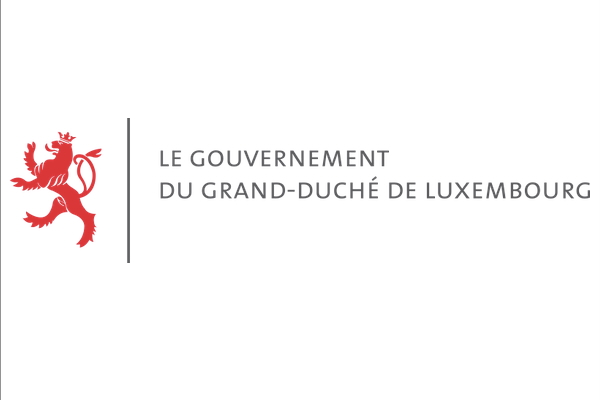
On Thursday 17 July 2025, Luxembourg’s Minister for Home Affairs, Léon Gloden, and Minister of Housing and Spatial Planning, Claude Meisch, unveiled a series of amendments to land tax legislation, delivering on a key promise from the 2023-2028 coalition agreement.
As reported by Luxembourg’s Ministry for Home Affairs and Ministry of Housing and Spatial Planning, the reform centres on two main tax pillars:
⁃ Modern Land Tax (IFON): to ensure a fairer, more transparent and up-to-date property tax system;
⁃ Land Mobilisation Tax (IMOB): to tackle speculation and accelerate housing construction.
During a press conference to introduce the amendments, Minister Gloden stated that the revamped land tax “established a modern, transparent and equitable tax framework.” He added: “From now on, land tax will reflect actual land value, resulting in fairer taxation for property owners.”
Minister Gloden stressed that, while the tax remains a communal responsibility, the reform does not aim to increase the tax burden. “By scrapping the previously proposed legal range of 9% to 11% for setting local tax rates, we are giving municipalities greater flexibility – a step that reinforces local autonomy,” he said.
In reference to the new Land Mobilisation Tax, the ministries noted that this aims to counter land hoarding and speculation. It targets undeveloped plots that have long remained vacant despite being designated as building land in the municipal general development plans (PAG).
“This tax is a tool to build more and to build faster,” said Minister Gloden. “It is about putting land to proper use where it matters most. We are acting to ease the housing shortage.”
According to the ministries, the initiative forms part of the government’s broader Logementsdësch strategy, which seeks to increase housing supply sustainably. Special relief measures will apply to agricultural and wine-growing businesses under both tax regimes. The reform also includes adjustments to the child-related tax relief under IMOB. Taxpayers can now claim deductions for children up to the age of 35, up from the previous limit of 25, reflecting “current social realities”.
Minister Gloden acknowledged that the original draft law, submitted in October 2022 by his predecessor, lacked crucial elements. “We had to rethink the entire bill,” he said. “Implementation, owner impact and administrative simplification were all missing. It has been a long and detailed process.”
In total, the government submitted 66 new amendments and split the reform into two phases:
⁃ Phase One: Focuses on the land tax reform (IFON) and land mobilisation tax (IMOB);
⁃ Phase Two (2026): Will introduce a vacant housing tax (INOL). This will require extensive groundwork, such as the creation of national and local housing and building registries.
Minister Meisch framed the reform as a key instrument in the government’s strategy to unlock available land for housing. “The focus is on activating the right plots in the right places,” he said.
He also highlighted social letting schemes as a complementary tool. These schemes offer private landlords substantial tax reductions - up to 90% exemption on rental income - in exchange for leasing property through socially responsible channels. “It is a way to combine fiscal benefit with social responsibility,” the minister added.
According to the ministries, the government’s amendments aim to:
⁃ simplify procedures through a unified tax process;
⁃ offer tax relief for the agricultural and wine sectors;
⁃ raise the eligible age for child-related deductions under IMOB from 25 to 35;
⁃ fully remove legal constraints on how municipalities set tax rates;
⁃ end exemptions for investment funds under both taxes;
⁃ digitise the entire tax procedure.
The government said: “These changes will modernise land taxation and help meet the country’s urgent housing needs, while balancing fairness, social engagement and local autonomy.”








